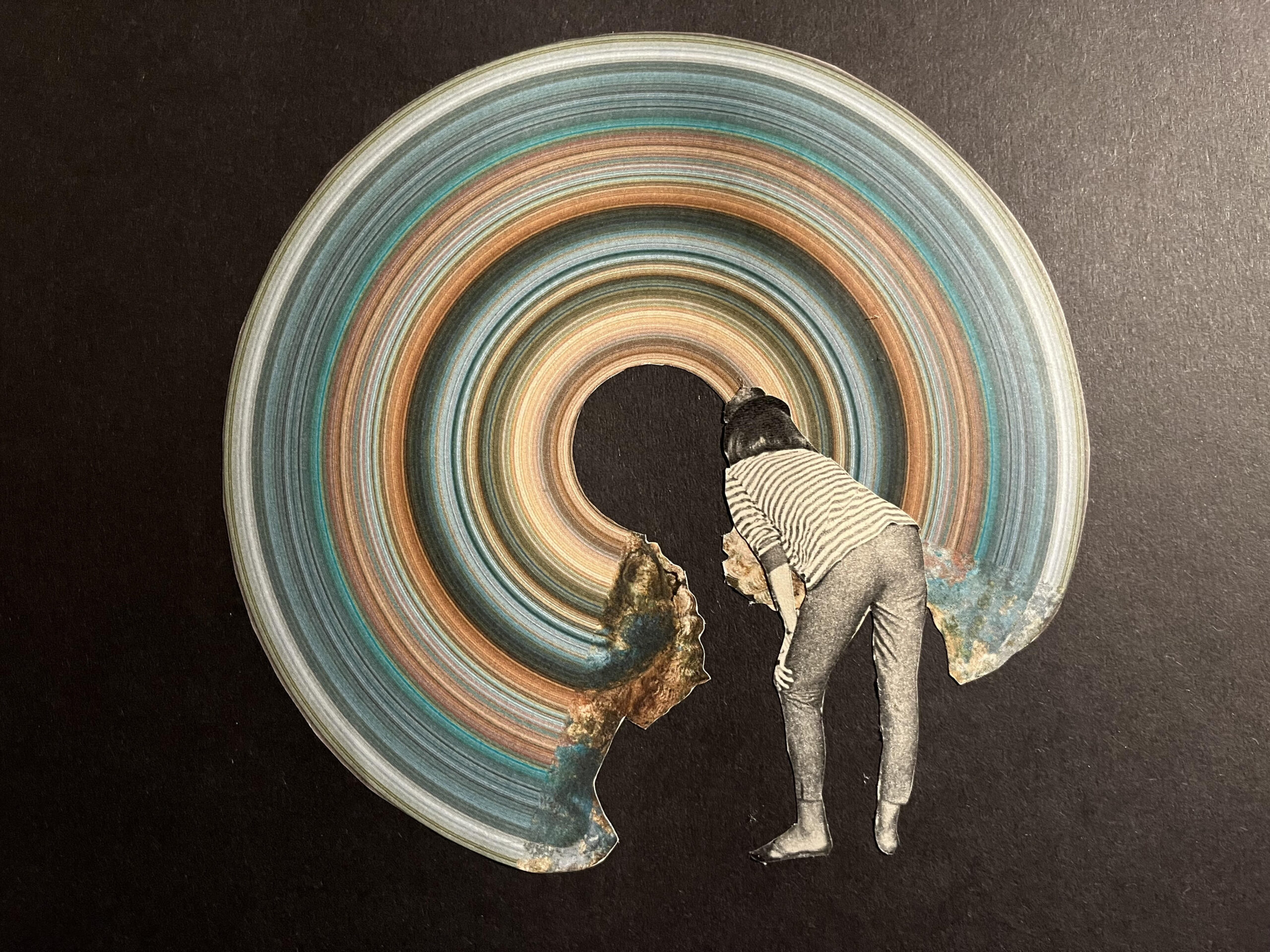What Happened to You? Conversations on Trauma, Resilience, and Healing (⭐️⭐️⭐️⭐️) is a book I have recently finished and already recommended to many of my friends as something everyone should read. It is written in a form of a conversation between Bruce D. Perry, a child psychiatrist, and neuroscientist, specialising in child trauma, and Oprah Winfrey a host and supervising producer of the top-rated, award-winning The Oprah Winfrey Show. Despite seemingly a heavy and complex subject, it is thanks to the format, that this book makes it very accessible and easy to understand. It helped me realise how our brain works in response to a traumatic experience, and how it can store this information only to emerge later in life triggered by seemingly unrelated events. It is key to understand that many of our behaviours are not corresponding with who we are but rather are symptoms of what happened to us in the past.
Perry and Whinfrey are going on a journey discussing vast areas of trauma-related topics, including inheritance of trauma, nurture, and support versus neglect and abuse, as well as trauma-ignorant systems, as well as the power of relationships and community in healing processes. After reading What Happened to You? I have no doubt that trauma-informed educational, health, and penitentiary systems would have better chances of helping people if they weren’t focusing merely on treating symptoms and punishment. The key to a healthy society is for parents, teachers, physicians, policy-makers, and legal personnel to understand the sources from which troubling behaviours come.
Interestingly enough, as I was recommending this book to a friend, she told me about a documentary she had recently seen on exact same topic. I found it here and watched it the following day. The Wisdom of Trauma (⭐️⭐️⭐️⭐️) follows Gabor Maté, a retired medical doctor, who is now teaching about child development, health, illness, stress, and trauma. He strongly believes that the common template for all disorders, mental illness, and physical disease is trauma, ‘an invisible force that shapes our lives’. And even though the documentary is in agreement with the arguments in the book, it gives a slightly different perspective on this extremely complicated but equally fascinating for me subject.
I understand that it may sound daunting and depressing, but both Perry and Maté make the topic of trauma very accessible, and by giving wonderful examples of healing, they finish their work on a very positive note. We are all healers and by trying to understand trauma we can all be part of someone’s healing process. To me, these were an inspiration and I plan to explore the subject of trauma further following with two books, both with very catchy titles: It Didn’t Start with You: How Inherited Family Trauma Shapes Who We Are and How to End the Cycle by Mark Wolynn and The Myth of Normal: Trauma, Illness, and Healing in a Toxic Culture by Daniel Maté and Gabor Maté, which comes out in September 2022.
